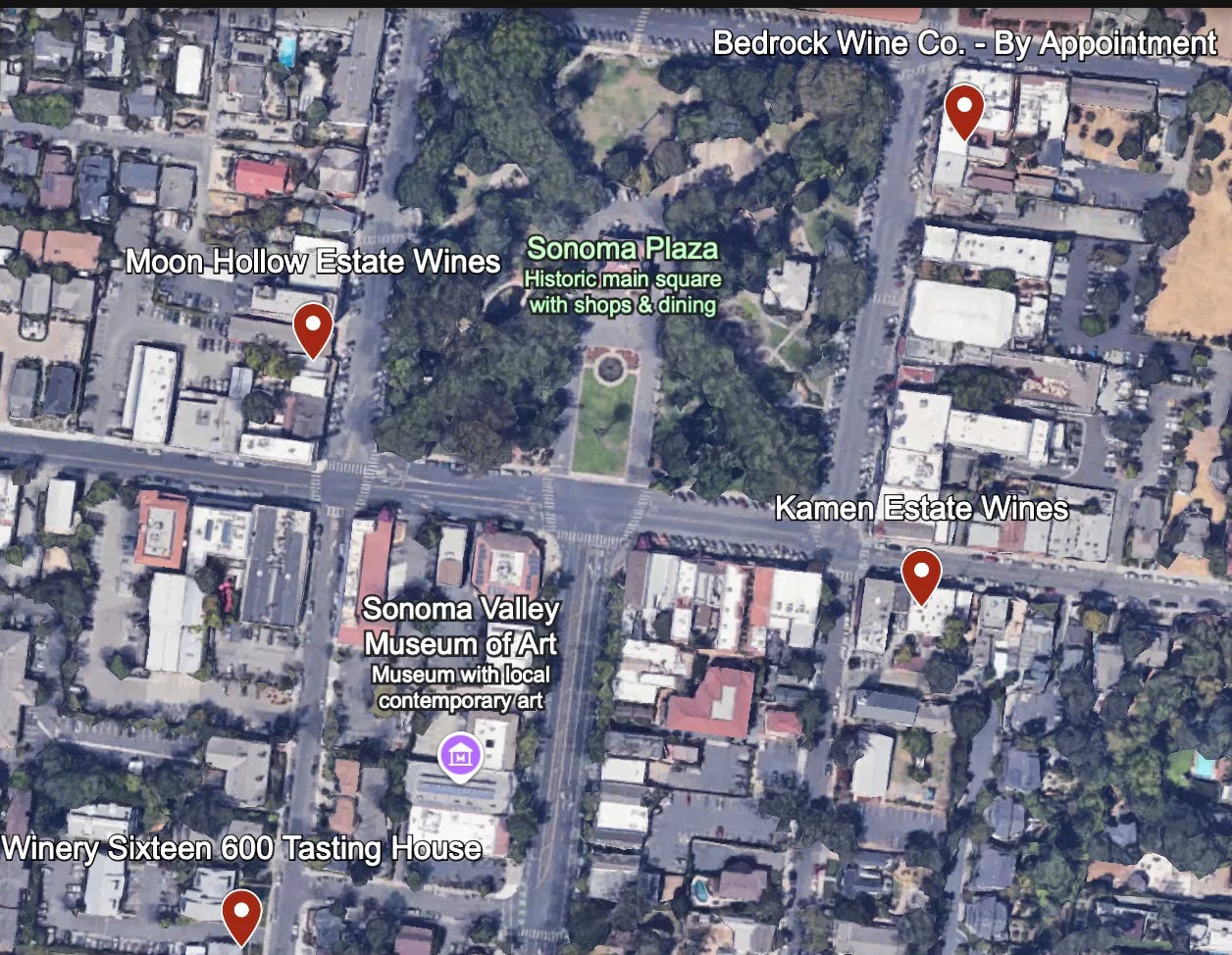My Thanksgiving wine is from this Pinot from Roserock, which was #6 on the Wine Spectator Top 100 List.
The notes below come from Wine Spectator. See the new Slow Wine Guide notes in our 2025 guide, coming soon!
|
Drouhin Oregon Roserock Pinot Noir Eola-Amity Hills Supple and elegantly structured, with detailed raspberry and cherry flavors accented by rose petal, brown baking spices and orange peel as this glides toward polished tannins. Drink now through 2032. 15,100 cases made. —TF I have tasted this wine I want to taste this wine |
2022 |
94 |
$44 |
|
Calera Pinot Noir Mount Harlan Ryan Vineyard (ORGANIC) A packed red, with a core of mulled dark currant, black cherry and blackberry paste flavors that are dense yet defined, while singed anise, alder and warm earth notes fill in throughout. The rigid structure carries the finish, leaving a chalky, mouthwatering echo. With the fruit to match its matrix, this should be a beauty at its peak. Best from 2026 through 2040. 1,100 cases made. —JM
|
2021 |
96 |
$95 |
|
Bergström Pinot Noir Ribbon Ridge La Spirale Vineyard Dynamic and seductive, with a fleshy texture that wraps around its elegantly complex core. Features fragrant raspberry and strawberry flavors accented by rose petal, dusky spice and forest floor notes that build richness and polish on the luscious finish. Drink now through 2033. 1,163 cases made. —TF |
2022 |
95 |
$100 |
|
Bethel Heights Pinot Noir Eola-Amity Hills Estate (ORGANIC) Taut and vibrant, with a steely core of acidity and tannins that drives the flavors of raspberry, cranberry and dusky spices toward the firm finish. Best from 2025 through 2031. 4,548 cases made. —TF |
2022 |
92 |
$36 |
|
Stag's Leap Wine Cellars Cabernet Sauvignon Stags Leap District Cask 23 (ORGANIC) This is loaded with gorgeous flavors of boysenberry, mulberry and blackberry puree that maintain a sleek and refined feel as violet, iris and anise notes add range, lift and energy. A super fine-grained feel completes the seduction on the lengthy finish, where subtle minerality chimes prettily. Drink now through 2042. 2,175 cases made. —JM |
2021 |
97 |
$375 |
|
Massican Annia California Juicy and plump, with peach, mango and tangerine flavors that reveal pretty floral accents of orange blossoms, lemon verbena and ylang-ylang, while notes of white pepper and sea salt minerality linger on the long, fresh finish. Ribolla Gialla, Tocai Friulano and Chardonnay. Drink now. 2,736 cases made. —MW |
2022 |
91 |
$36 |
|
Burgess Cabernet Sauvignon Napa Valley Promiscua (ORGANIC) An enticing, delicious version, showing ripe, juicy boysenberry and blackberry paste flavors laced with anise and apple wood notes. Offers lively grip, while pretty violet and iris accents keep this balanced and fresh throughout. Drink now through 2038. Tasted twice, with consistent notes. 2,142 cases made. —JM
|
2021 |
93 |
$145 |





















